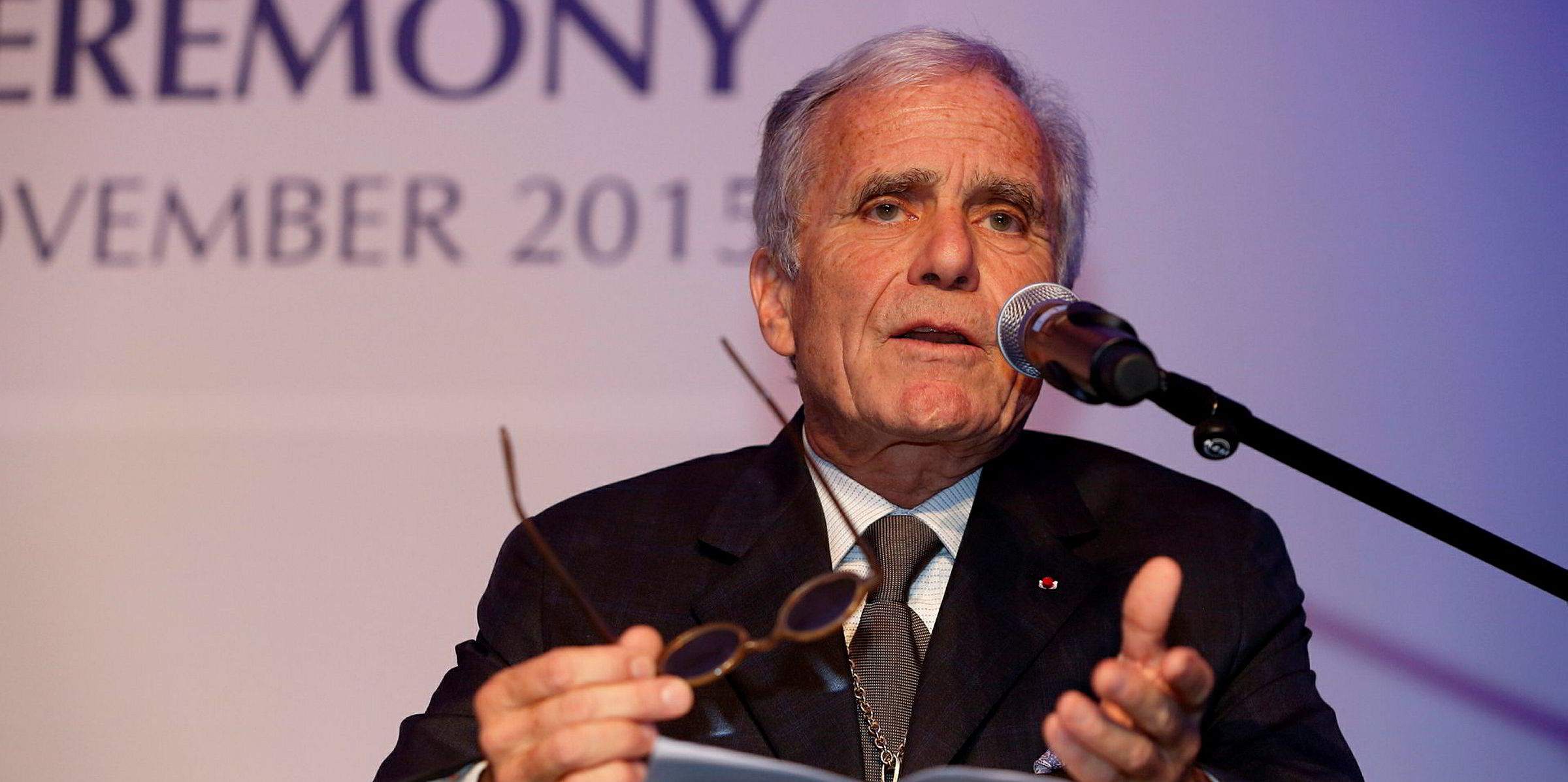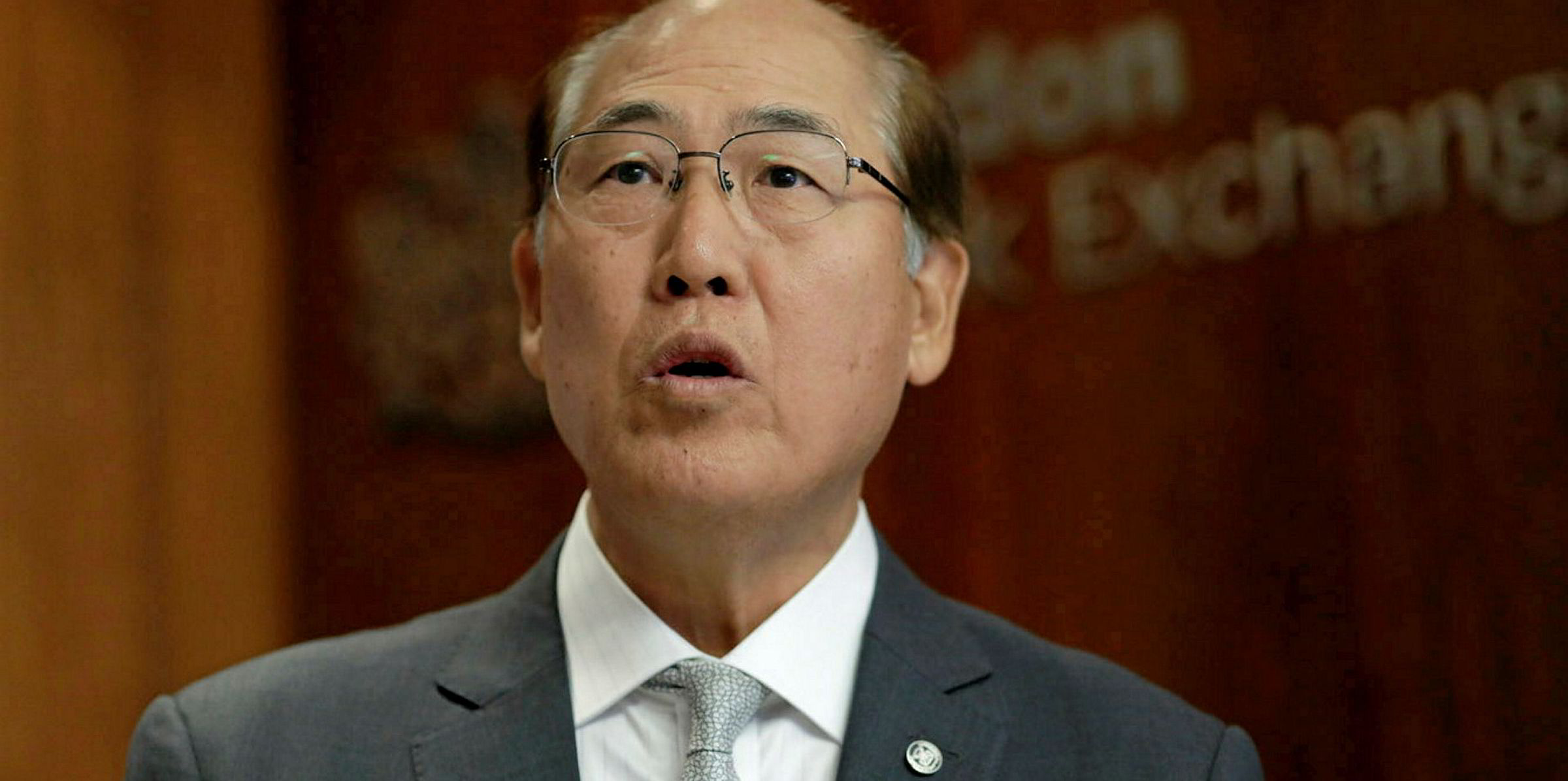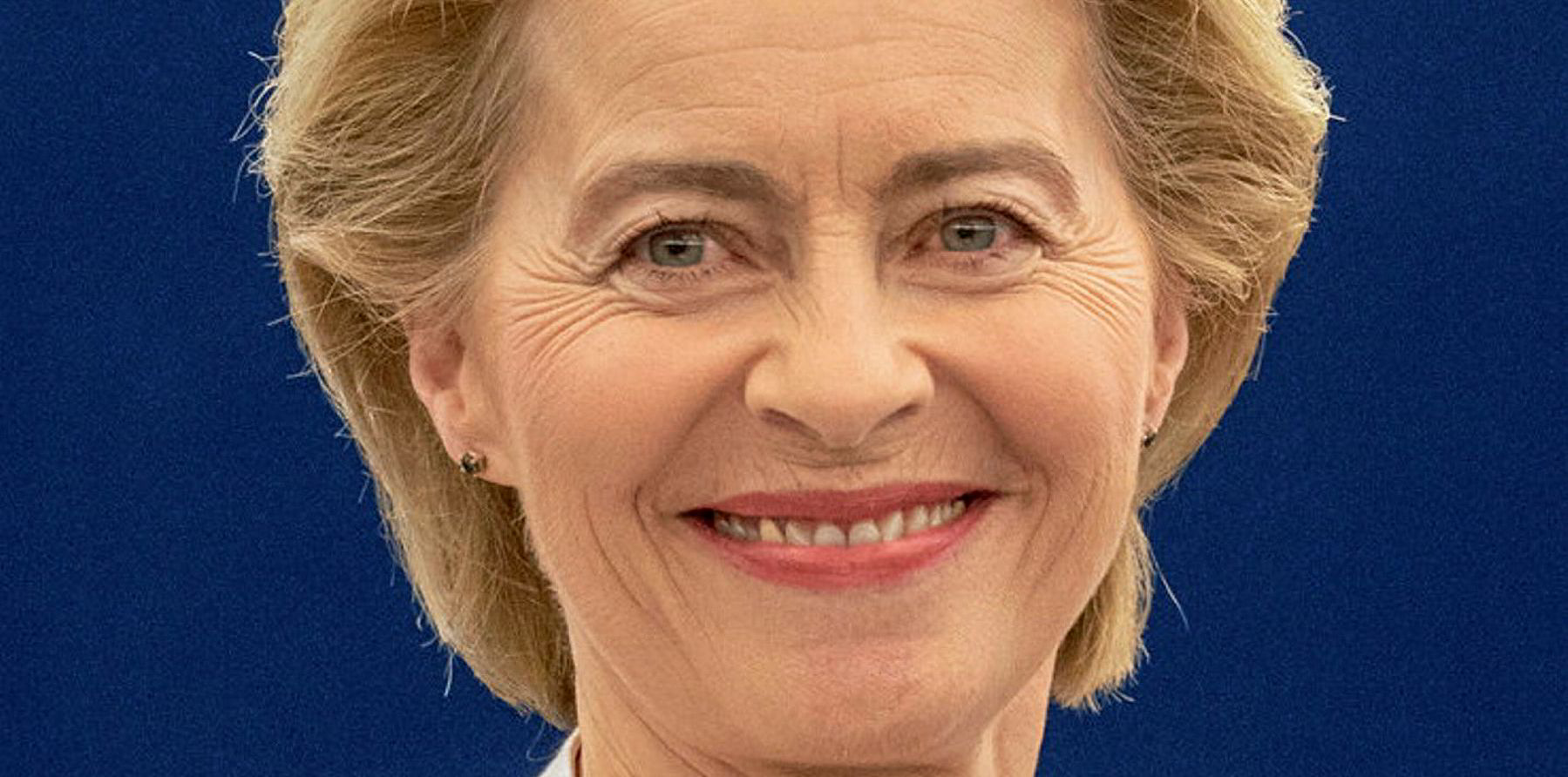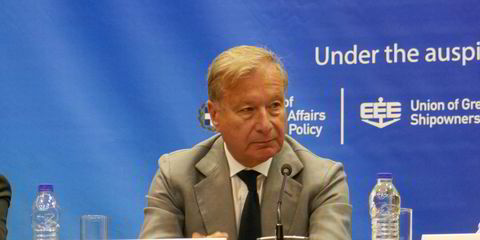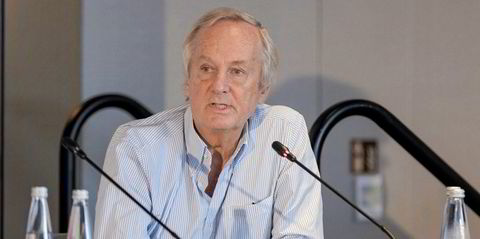Philippe Louis-Dreyfus is backing a proposal for a levy on fuel to fund research and development into reducing shipping’s carbon emissions.
The fund proposal, which will be presented to the IMO next year, was launched by a consortium of shipowner associations including Bimco and the International Chamber of Shipping last week. The idea is that a $2-per-tonne levy on fuel will raise $5bn over 10 years, which can be directed toward research and development to reduce shipping’s carbon emissions.
Louis-Dreyfus, president of Louis-Dreyfus Armateurs, has been one of the most outspoken in the industry on the need for shipping to get to grips with its carbon emissions problem and has publicly backed slow steaming as a solution.
“As an individual I think it [the fuel levy] is a good idea and a good way forward, but I would say we need to know more about how it will be organised and how it will be collected and to whom it will go to,” he said, speaking to TradeWinds in a phone interview following the announcement of the proposal.
“If you look over five years a $2 per tonne levy will raise an enormous amount of money, but will it really be enough and does it meet the level of expectation in the world?”
Better than emissions trading
Louis-Dreyfus said he preferred the idea of a levy to raise research-and-development funds to an emissions trading scheme (ETS), which now looks like being introduced within Europe. The European Commission pledged at the recent COP 25 climate change meeting in Madrid that it would commit shipping to its regional ETS.
But Louis-Dreyfus said his concern is that an ETS would be used as a profit making tool by financiers, rather than an incentive to improve shipping’s carbon footprint.
Louis-Dreyfus said: “ETS is not a good solution. When you introduce a trading scheme the winners are the banks and trading houses. It may be good for banks but not for the environment.”
Even a carbon tax on fuel would be preferable to an ETS he added.
Louis-Dreyfus pointed out that slow steaming is still his preferred solution to shipping’s greenhouse gas problem. He said it offers the most immediate effective solution and he is hopeful, despite reports it has been dismissed as an option by governments at a recent IMO environmental meeting, that it will remain under consideration.
“I would add the only way to get an immediate reduction in emissions is to reduce speed or power,” he said.
